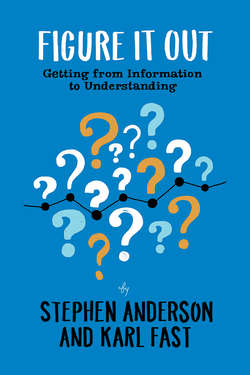Читать книгу Figure It Out - Stephen P. Anderson - Страница 46
На сайте Литреса книга снята с продажи.
Metaphors and Crime: Is Crime a Virus or a Beast?
ОглавлениеResearchers Paul H. Thibodeau and Lera Boroditsky have investigated the role of metaphors in reasoning.1 In a study from 2011 (and repeated again in 2015), students were asked to read one of two reports about crime in a city and then suggest solutions for the problem. These reports were nearly identical, citing the same statistical data, except for one small detail: the metaphor used to describe the crime. In the first report, crime was characterized as a “wild beast preying on the city” and “lurking in neighborhoods.” In the second report, crime was described as a “virus infecting the city” and “plaguing” neighborhoods. The researchers wanted to investigate if changing the metaphorical framing would influence whether students chose solutions that were more enforcement-oriented (prison, street patrols) or social-reform-oriented (education, economic reform). Would this beast or virus framing make a difference in the selection of policy responses? While sifting through the data from these studies was complicated and highlighted a broader issue with shifting cultural norms, the research did conclude that framing crime as a beast made people more likely to prefer enforcement-oriented solutions than if crime had been framed as a virus. The research also stated that “people who read that crime was a virus were more likely to endorse the proposal to ‘develop neighborhood watch programs and do more community outreach,’ than people who read that crime was a beast.”
In this case, the metaphors used to describe crime did seem to influence people’s reasoning about crime and the selection of correlative solutions.
Far from being mere rhetorical flourishes, metaphors have profound influences on how we conceptualize and act with respect to important societal issues. We find that exposure to even a single metaphor can induce substantial differences in opinion about how to solve social problems.
—PAUL H. THIBODEAU AND LERA BORODITSKY
